Addressing Global Challenges
In an era marked by rapid technological advancements, social and economic disparities, natural disasters, and pandemics, the world faces unprecedented challenges. These issues demand innovative solutions that prioritize sustainability, inclusivity, and resilience.
The Essence of Sufficiency Economic Philosophy
Introduced by His Majesty King Bhumibol Adulyadej in 1974, the Sufficiency Economic Philosophy offers a beacon of hope amidst these challenges. It emphasizes the cultivation of human capabilities, wisdom, morality, and resilience to navigate unforeseen changes and threats.
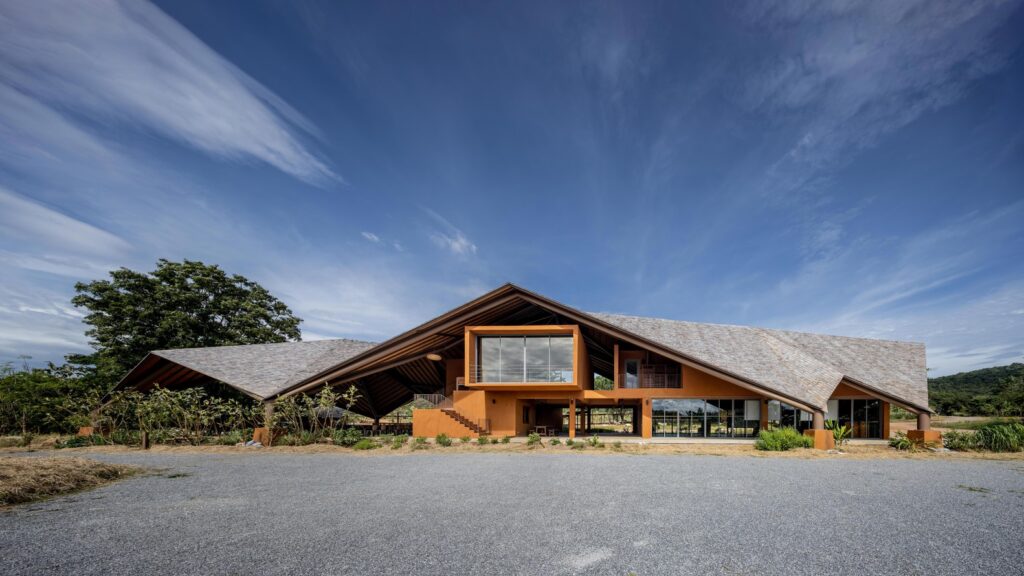
Inspiring Change: The PANNAR Center
The PANNAR Sufficiency Economic and Agriculture Learning Center in Nakhon-Ratchasima embodies the principles of the Sufficiency Economic Philosophy. Situated on 14 acres of transformed land, the center aims to inspire and disseminate the King’s vision to the Thai people.
Sustainable Design Principles
The main building, known as the Activity Center, serves as the focal point of the project. Designed to accommodate various functions, it exemplifies modern architecture infused with traditional craftsmanship and local materials. The building’s open design promotes natural light and ventilation, while its expansive bamboo roof collects rainwater for agricultural use.
Harmony with the Environment
The Activity Center stands as a testament to the integration of modern design with local sustainability practices. Its earthen walls, crafted from locally sourced materials, reflect a commitment to sufficiency thinking and mindset. The building’s placement among agricultural fields symbolizes its harmonious relationship with the natural landscape.
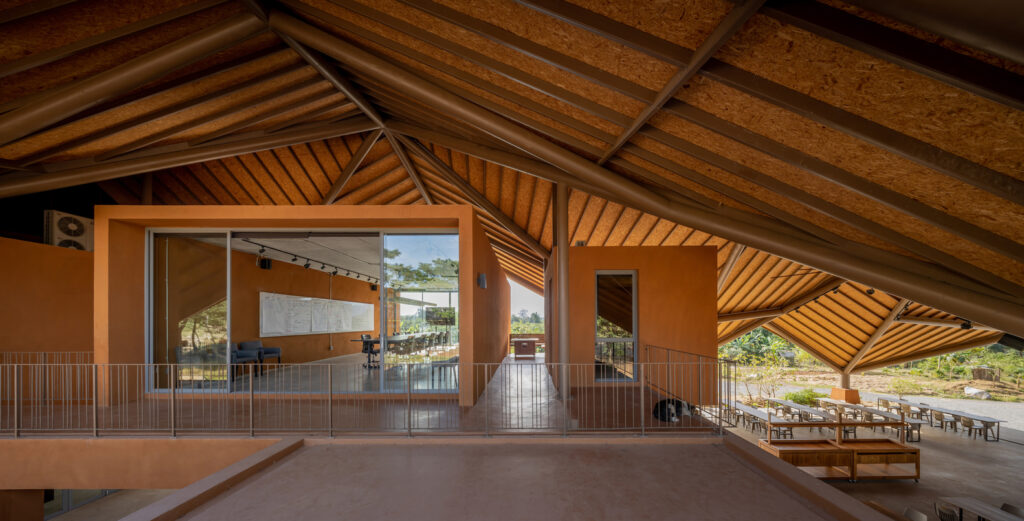
Adaptive Architecture
In designing the center, architects challenged traditional notions of rural dwellings, demonstrating that modern designs can coexist with local craftsmanship and materials. The result is a versatile and durable structure that embodies sufficiency principles while meeting the needs of contemporary society.
Conclusion
The PANNAR Sufficiency Economic & Agriculture Learning Center represents a convergence of tradition, innovation, and sustainability. By embracing the Sufficiency Economic Philosophy, it offers a blueprint for inclusive and resilient development in an ever-changing world.


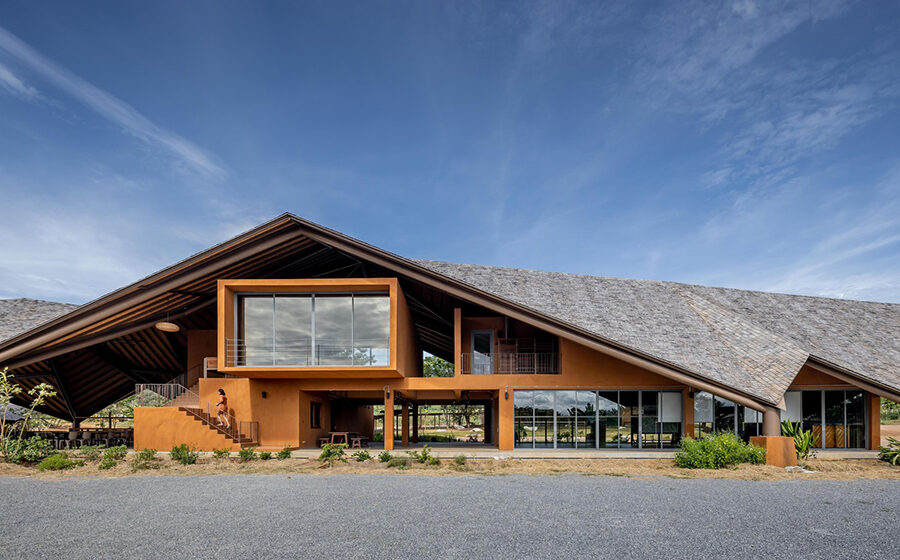
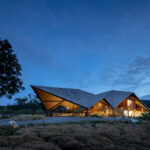
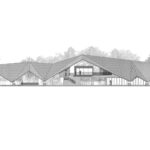
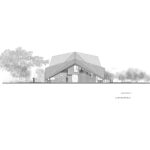
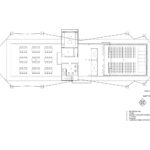
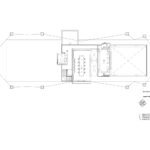
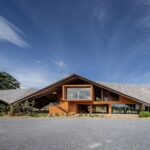
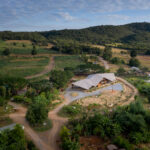
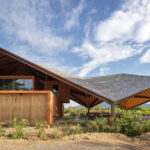
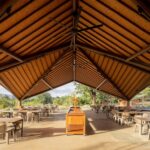
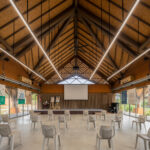
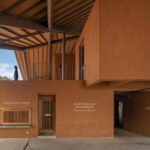
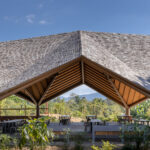
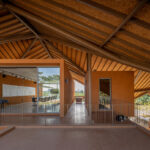
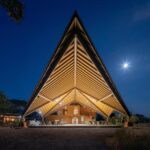
Leave a Reply